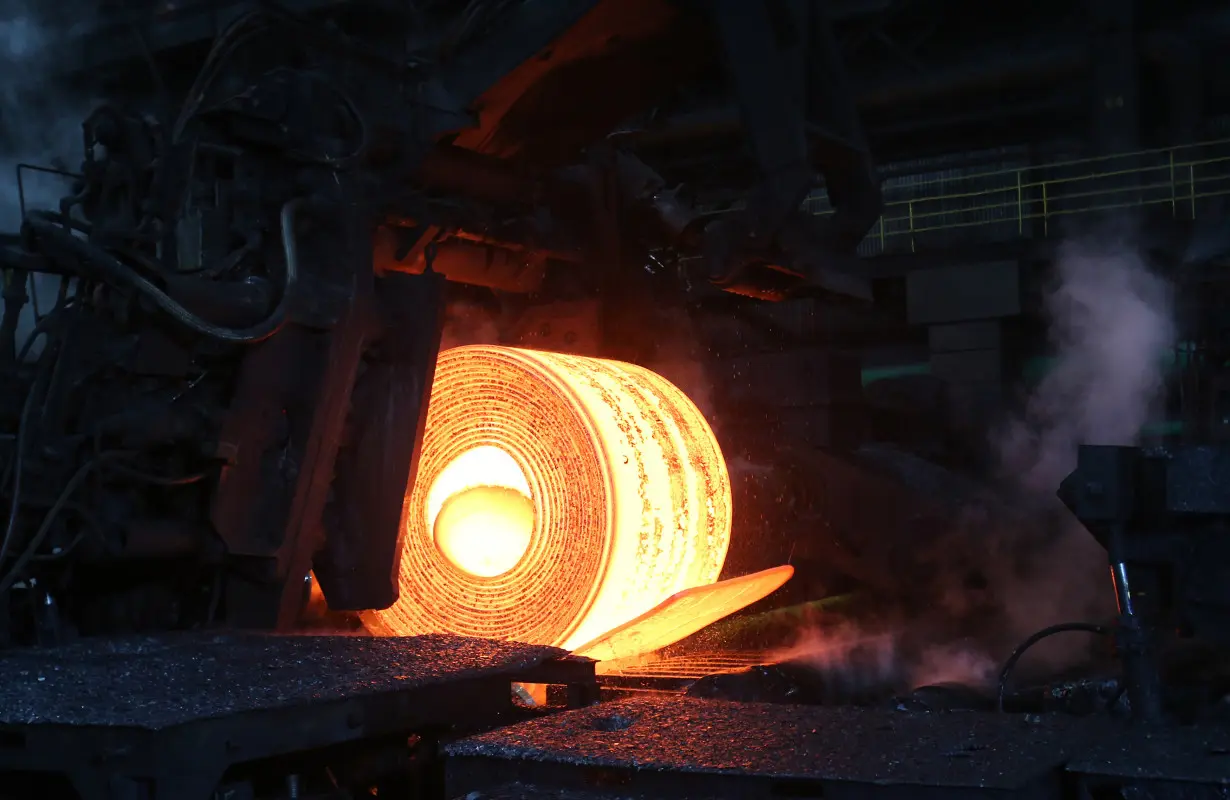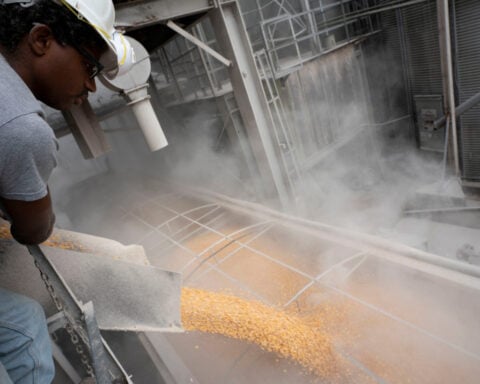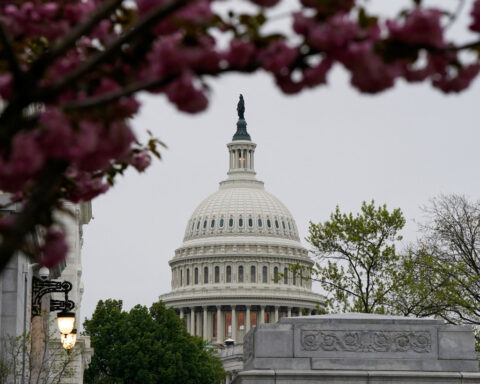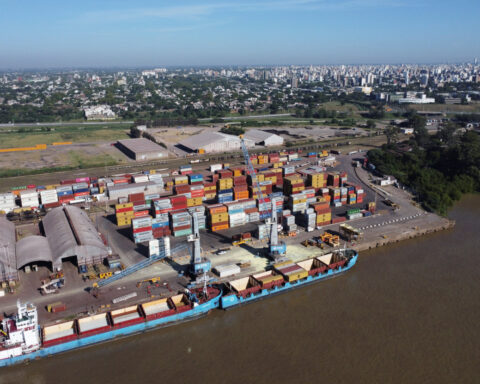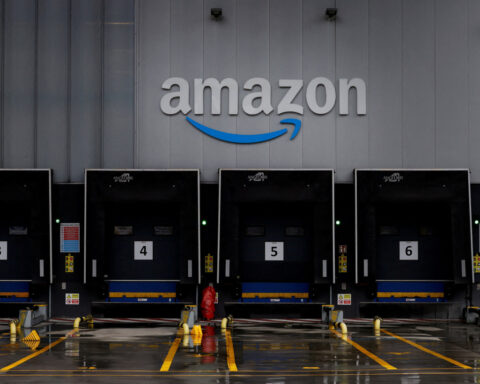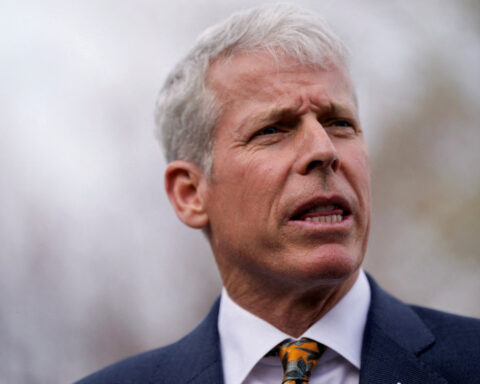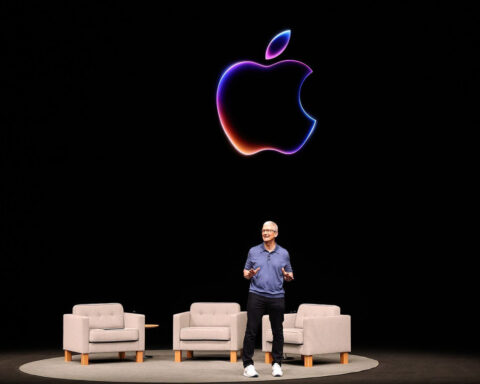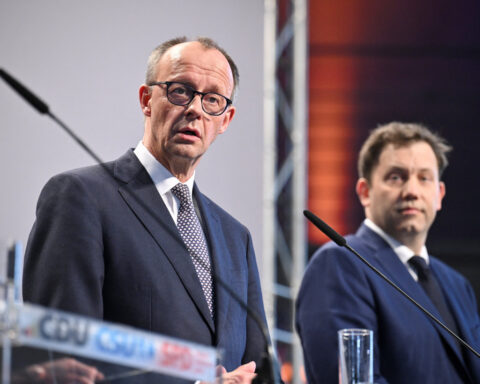By Ananta Agarwal and Nathan Gomes
(Reuters) - U.S. steelmakers are on course to post higher profits in the first quarter of 2024 as prices spike from a scramble by buyers to restock following a brief halt in procurement before the strike at the Detroit Three automakers.
Spot prices for hot-rolled coil (HRC), the most actively traded form of finished steel, have climbed to around $950 per short ton (st) currently from an average $734 in September, as per commodity research firm CRU Group.
Service centers - facilities that play a crucial role in supplying manufacturing companies nearly finished steel products - had paused purchases ahead of the United Auto Workers (UAW) union's coordinated strike against the Detroit automakers.
However, many of them were soon forced to place large orders as stocks ran low and operations resumed at the carmakers.
"Perceiving a price bottom, they began placing large orders from the mills again on stable demand, leading steel prices to once again resume an upward trajectory two weeks into the UAW strikes," said Ryan McKinley, senior analyst at CRU.
The automotive segment makes up about 25% of the total U.S. sheet demand, with about 65% of that attributable to the Big Three Detroit automakers in any given year, CRU data showed.
Demand had already been trending higher. Cleveland Cliffs' shipments of steel, used by automakers to make parts such as boots, hoods and doors, increased sequentially in the third quarter to a record high.
That prompted the company, which supplies flat-rolled steel and iron ore pellets to mainly automakers, to raise its charges for HRC spot orders a fourth time since September to 1,000/st, about $50 higher than current spot rates.
Nucor Corp has raised HRC prices to $950/st while U.S. Steel recently announced a $100/st price increase, without specifying a final rate.
The upward momentum in pricing may continue as more service centers re-enter the market to replenish lean inventories, J.P. Morgan analysts said in a note on Oct. 29.
Still, steelmakers expect a sequential decline in fourth-quarter core profit as lower prices they booked in the summer show up in the results, KeyBanc Capital Markets Philip Gibbs said.
Meanwhile, automakers stare at higher costs for a key raw material if prices extend their upward trajectory for longer.
Automakers generally have annual contracts with steel companies, usually negotiated in October and April.
"It may not show up immediately, but it will show up," if the price gains hold, said Gordon Lee Johnson, founder of boutique research firm GLJ Research.
(Reporting by Ananta Agarwal and Nathan Gomes in Bengaluru; Editing by Arpan Varghese and Sriraj Kalluvila)

 Trump has begun another trade war. Here's a timeline of how we got here
Trump has begun another trade war. Here's a timeline of how we got here
 Canada's leader laments lost friendship with US in town that sheltered stranded Americans after 9/11
Canada's leader laments lost friendship with US in town that sheltered stranded Americans after 9/11
 Chinese EV giant BYD's fourth-quarter profit leaps 73%
Chinese EV giant BYD's fourth-quarter profit leaps 73%
 You're an American in another land? Prepare to talk about the why and how of Trump 2.0
You're an American in another land? Prepare to talk about the why and how of Trump 2.0
 Chalk talk: Star power, top teams and No. 5 seeds headline the women's March Madness Sweet 16
Chalk talk: Star power, top teams and No. 5 seeds headline the women's March Madness Sweet 16
 Purdue returns to Sweet 16 with 76-62 win over McNeese in March Madness
Purdue returns to Sweet 16 with 76-62 win over McNeese in March Madness
